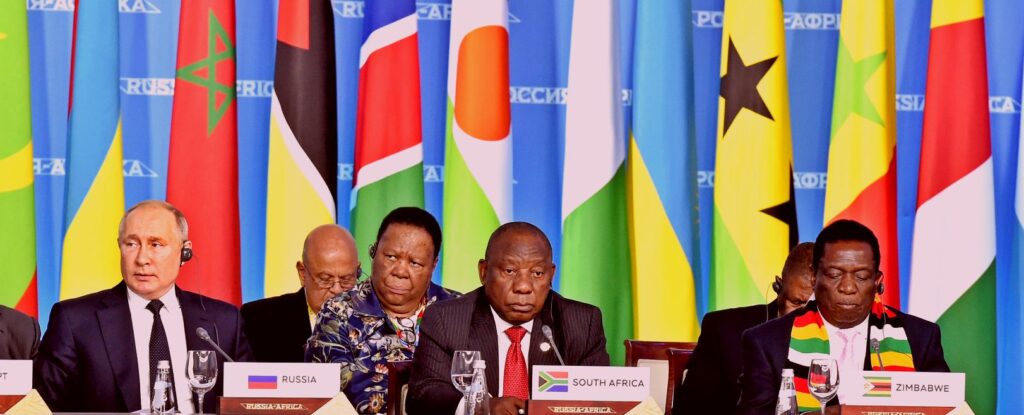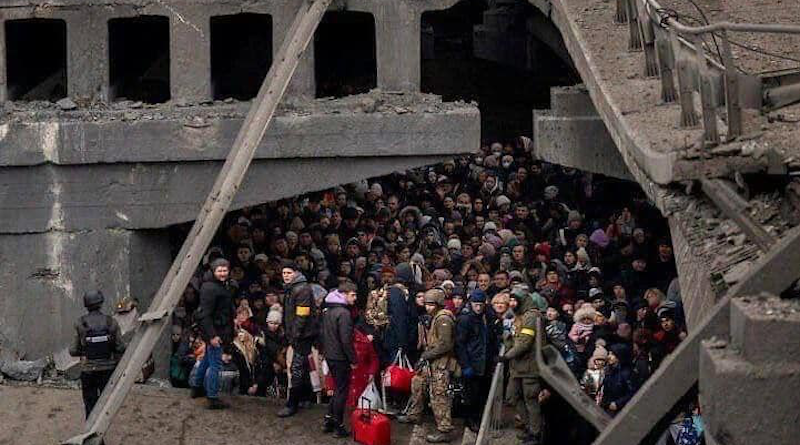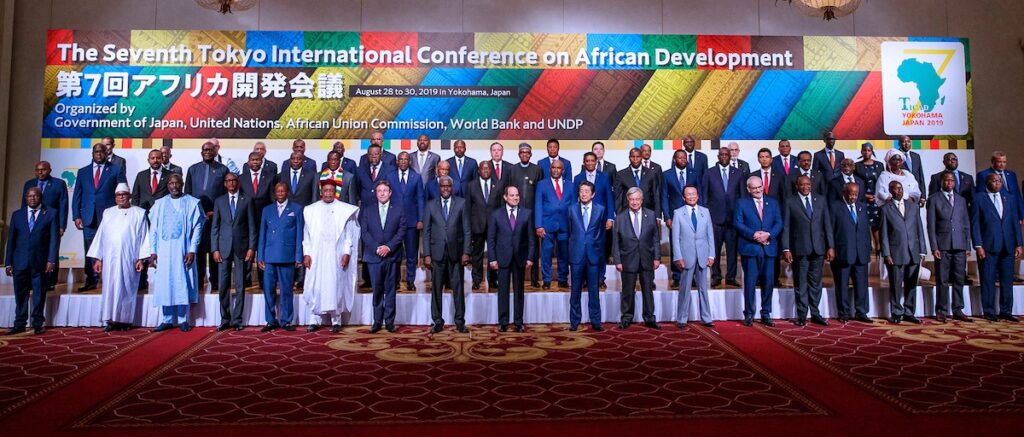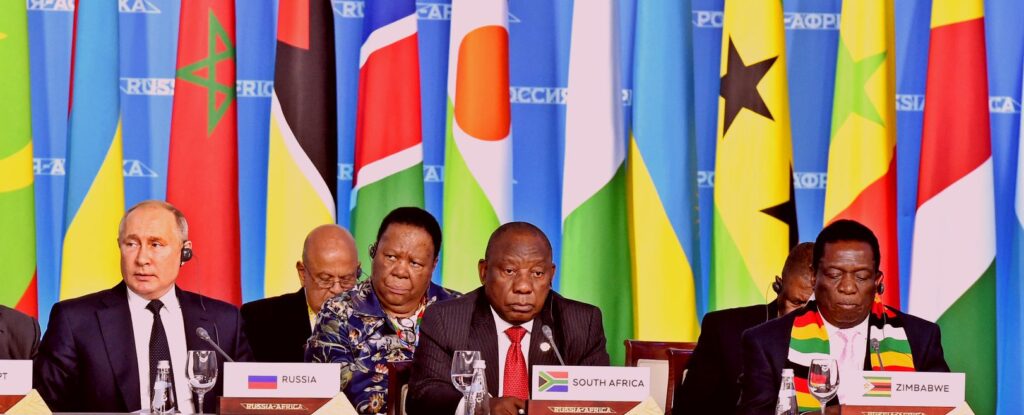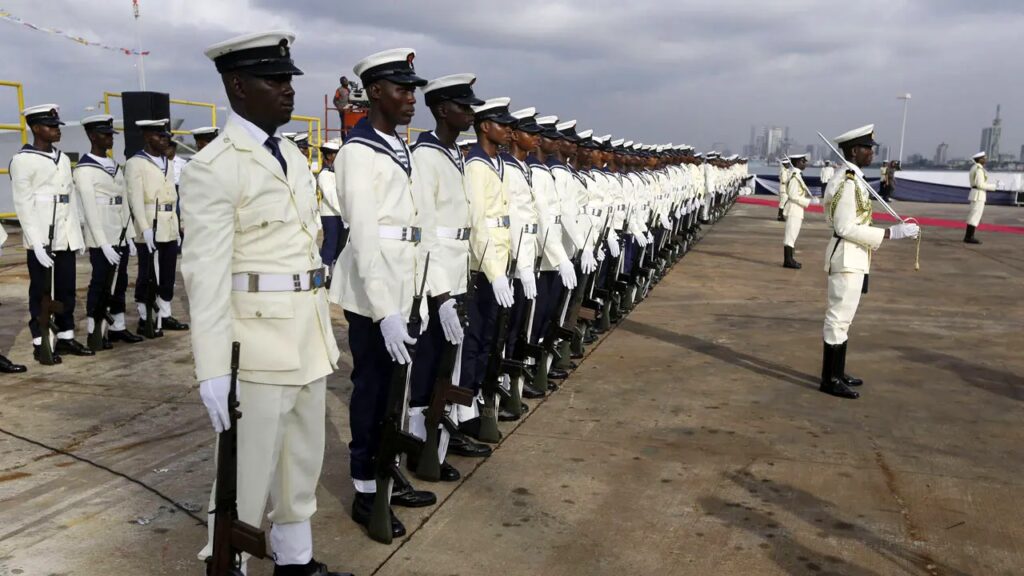Redefining the African Union’s utility
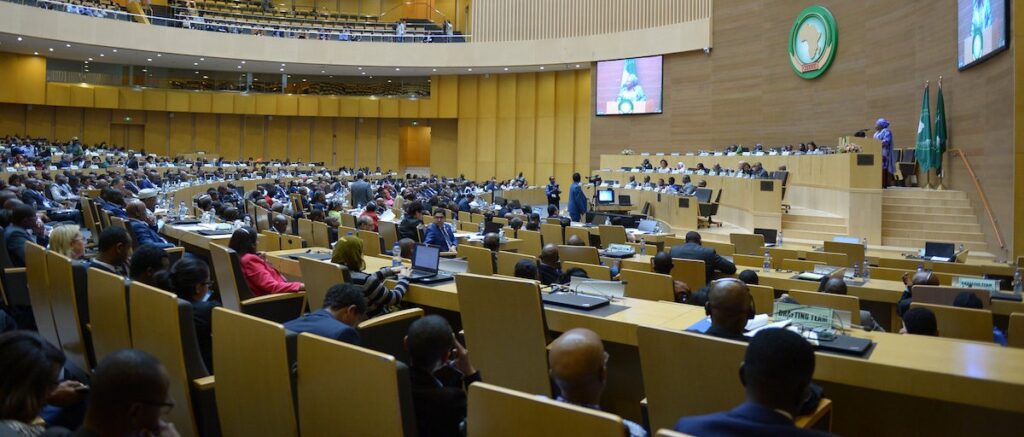
As it turns 20, hard questions are being asked about the AU’s authority to resolve security challenges in Africa.
February’s African Union (AU) summit was symbolic in several ways. It was held in person in Addis Ababa after nearly two years of online meetings due to COVID-19, signalling a growing confidence in the management of the pandemic. For Ethiopian authorities, the summit was an opportunity to show the government’s control over the fragile security situation in the country.


